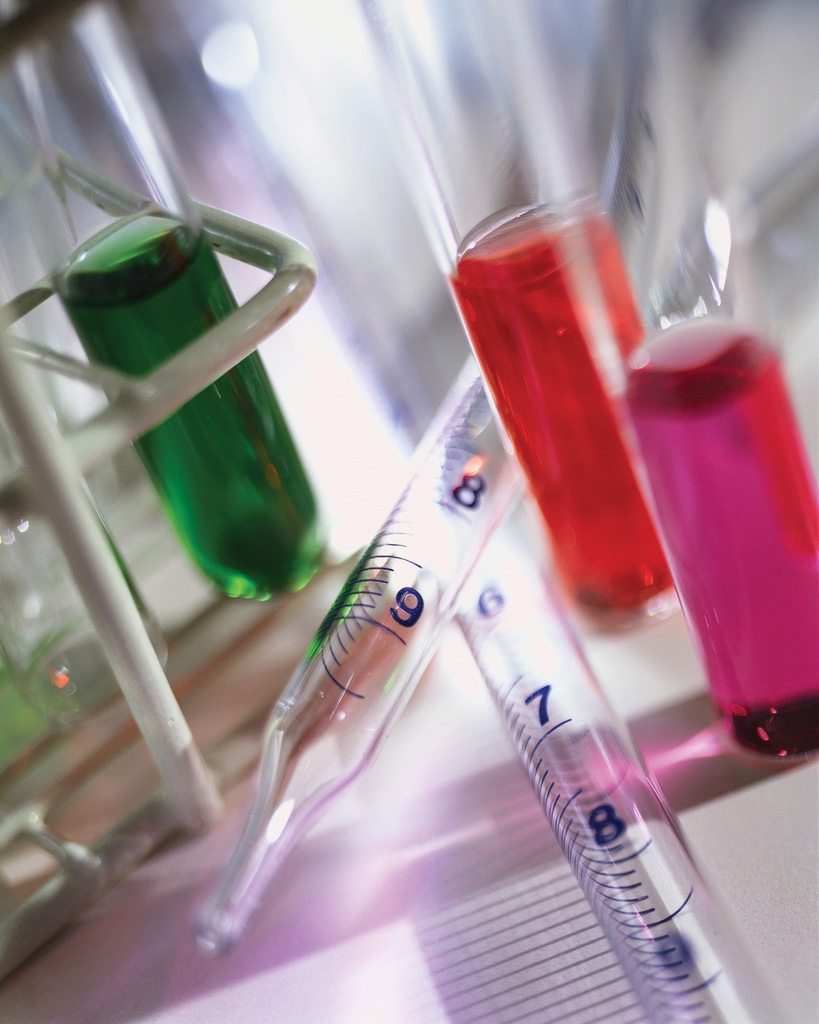
If you are interested in becoming a living kidney donor and are in good health, here are some steps you can take. More details
 WHAT ARE ANTIBODIES?
WHAT ARE ANTIBODIES?The body makes millions of antibodies, which are primarily intended to fight off disease. However, when people have a blood transfusion, pregnancy, previous transplant or some infections, they can produce so-called ‘HLA antibodies’ which react with donor tissue and possibly damage it. We are aware that if we give a transplant to somebody that has HLA antigens, against which they have HLA antibodies, there is a higher risk of the kidney failing, due to rejection. It is therefore preferable to find a kidney against which you do not have antibodies. You will hear the doctor talk about PRA or PGEN. This is a measure of the probability of having antibodies against 1,000 Irish donors; it is a measure of how hard it will be to find a suitable compatible donor. If the recipient has a PGEN of 0% then they have no antibodies and should not have difficulty finding a suitable donor. Conversely, if the recipient has a PGEN of 100%, they will have great difficulty finding a suitable kidney donor and will most likely have a prolonged wait on dialysis. If the recipient has a sibling, who is a ‘perfect match’, then antibodies are generally not important. However, even patients with 100% PRA can be transplanted if the right donor comes along.
 When the recipient sees the transplant surgeon, at the pre-transplant assessment clinic, they will be told what their PGEN is and this will give them some assessment of how long the likely wait will be to receive a transplant. There are no effective strategies to take away antibodies that give good long-term results.
When the recipient sees the transplant surgeon, at the pre-transplant assessment clinic, they will be told what their PGEN is and this will give them some assessment of how long the likely wait will be to receive a transplant. There are no effective strategies to take away antibodies that give good long-term results.
The levels of antibodies in the recipient might fluctuate, and so it may be possible that the initial screening for donor specific antibodies is favourable but, later screening in the donor workup shows that the donor is not suitable. This can cause significant disappointment to the donor who may be in an advanced stage of the workup process. When testing donor and recipient compatibility, one of the main problems that has to be avoided is giving a patient a kidney to which they have formed antibodies, as this carries a high risk for the early failure of the transplant. The process of checking the suitability of a donor is a long, but in-depth one. To be as certain as possible that the transplant will be successful, for both recipient and donor, this extensive procedure is necessary and also gives the potential donor plenty of time to consider his/her options.